[ad_1]
YANGON (Reuters) – Pope Francis flew to Bangladesh on Thursday after a visit to Myanmar where he made no direct reference to the plight of Muslim Rohingya people to avoid a diplomatic incident with a Buddhist-majority country some have accused of ethnic cleansing.
There will be no such balancing act for the pope in Bangladesh’s capital, Dhaka, where he is expected to meet a group of Rohingya refugees from among the roughly 625,000 who have fled neighboring Myanmar since the end of August.
The Vatican on Wednesday defended the pope’s decision not to use the word “Rohingya” in public during his four-day Myanmar trip, saying his moral authority was unblemished and that his mere presence drew attention to the refugee crisis.
But a Vatican news conference in Yangon to wrap up the visit only served to highlight the diplomatic minefield that the issue had presented for Francis.
Spokesman Greg Burke said the pope’s decision not to refer to the Rohingya did not take away from anything he has said in the past – he had mentioned them and their suffering before his Myanmar visit – but added that Vatican diplomacy was “not infallible” and others were entitled to their views.
Muddying the waters for the Vatican delegation, a Myanmar regional bishop cast doubt at the same news conference about allegations of ethnic cleansing, suggesting “other communities” might be responsible for stoking them.
“When we speak of the truth, we should go to an authoritative source or a reliable source to get the news … Those who criticize should go to the scene to study the reality and history,” Bishop John Hsane Hgyi said.
The Global New Light of Myanmar, a state-run daily, seized on the bishop’s comments, putting a banner headline on its front page that read “Reports of ethnic cleansing in Rakhine is not reliable: Myanmar church”.
SUU KYI HEADS TO CHINA
The exodus of Rohingya people from Rakhine state to the southern tip of Bangladesh was sparked by a military crackdown in response to Rohingya militant attacks on an army base and police posts on Aug. 25.
Scores of Rohingya villages were burnt to the ground, and refugees arriving in Bangladesh told of killings and rapes.
The United Nations has accused Myanmar of ethnic cleansing and last week Washington said the military’s campaign included “horrendous atrocities” aimed at “ethnic cleansing”.
Myanmar’s military has denied accusations of murder, rape and forced displacement. The government blames the crisis on the Rohingya militants, whom it has condemned as terrorists.
Many people in Myanmar regard the largely stateless Rohingya as illegal immigrants from Bangladesh, they are excluded from the 135 “national races” recognized by law, and even using the name is considered inflammatory.
Although Francis studiously avoided the term, following the advice of local Church officials who feared it could turn Myanmar’s military and government against minority Christians, his calls for justice, human rights and respect were widely seen as applicable to the Rohingya.
Francis held talks during his trip with Myanmar leader Aung San Suu Kyi, a Nobel peace laureate and longtime champion of democracy who in 2016 formed Myanmar’s first civilian government in half a century.
Suu Kyi has faced a barrage of criticism from Western nations in recent weeks for expressing doubts about reports of abuses against Rohingya and for failing to condemn the military.
China has backed what Myanmar officials call a legitimate counter-insurgency operation in Rakhine, and stepped in to prevent a resolution on the crisis at the U.N. Security Council, support observers believe will draw Suu Kyi closer to Beijing.
Myanmar’s Ministry of Foreign Affairs said Suu Kyi left on Thursday morning for China to join a forum of world leaders hosted by the Communist Party of China.
Suu Kyi’s defenders say she is hamstrung by a constitution written by the military that left the army in control of security and much of the apparatus of the state.
The military’s power was clear on Monday when Senior General Min Aung Hlaing, demanded to meet Pope Francis before Sun Kyi, upending a schedule that had her meeting the pontiff first.
“I‘m sure the pope would have preferred meeting the general after he had done the official visits,” spokesman Burke said.
Writing by John Chalmers; Editing by Robert Birsel
[ad_2]
Source link

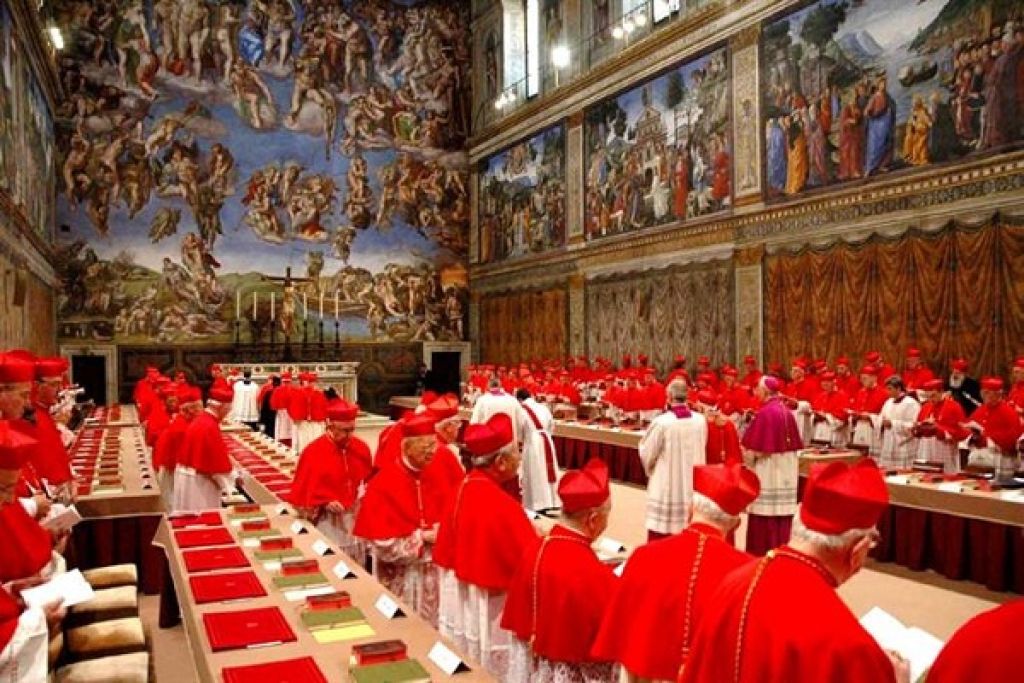
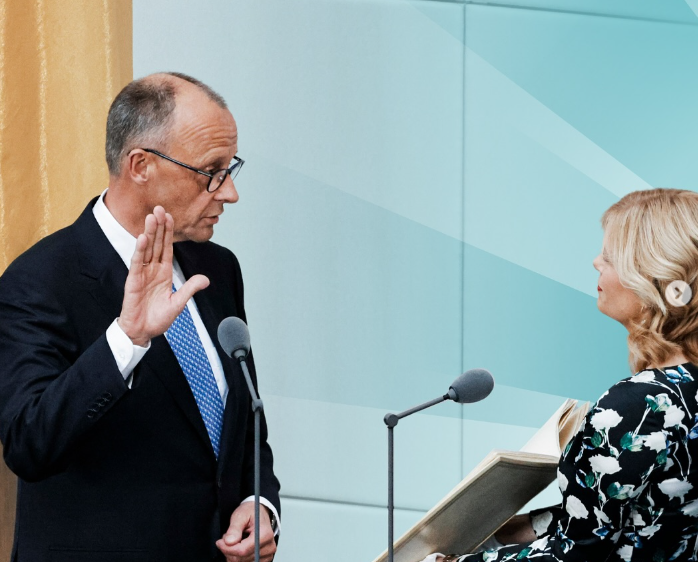
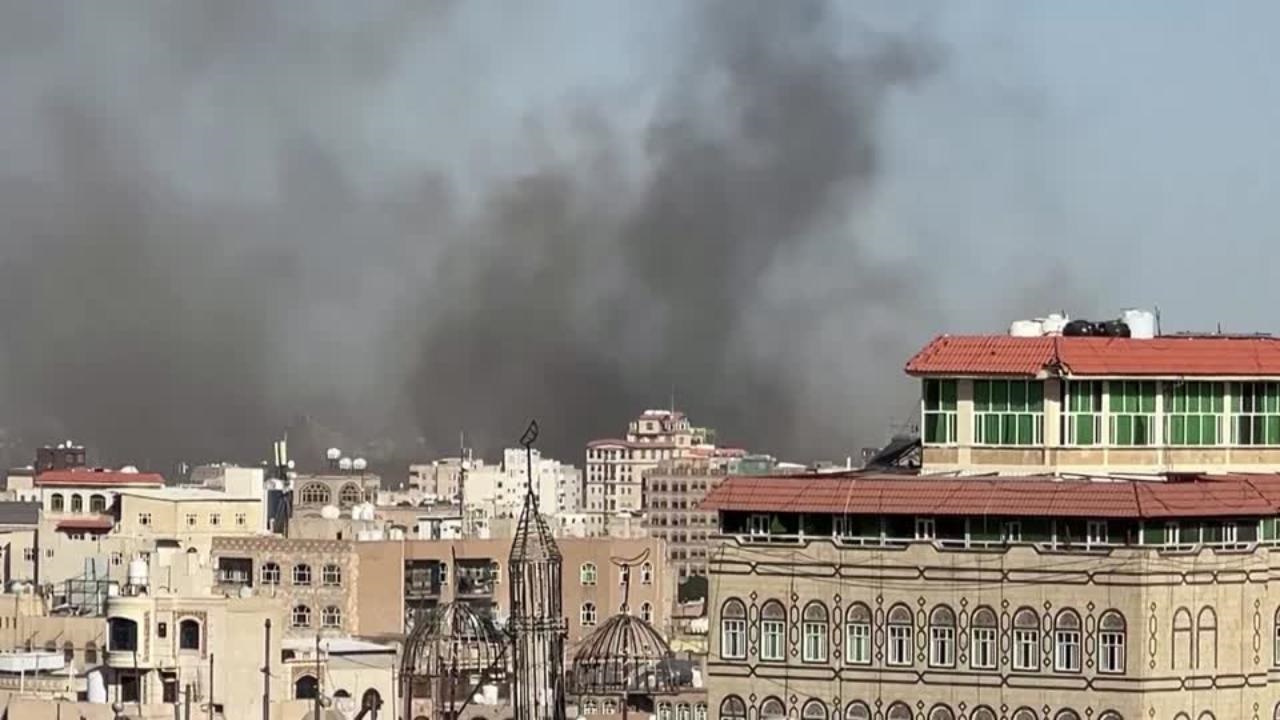
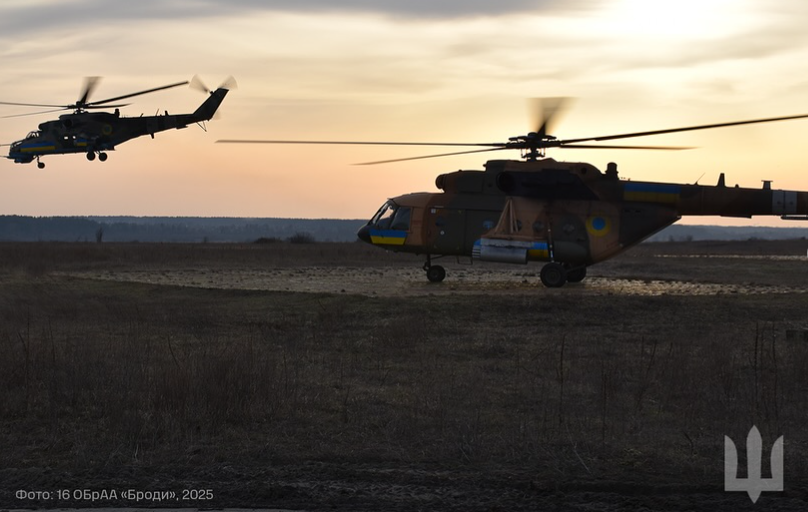
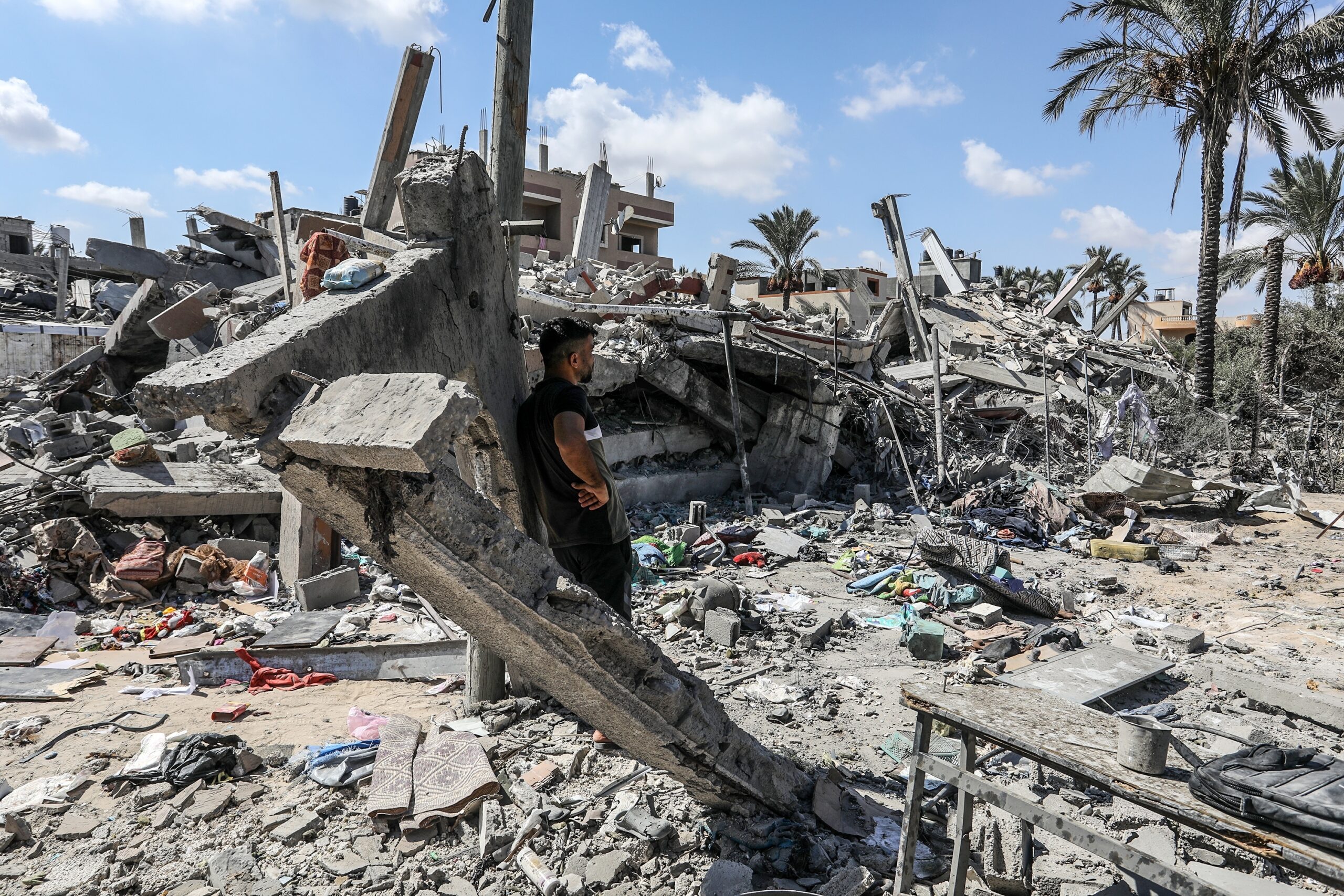
Leave a Reply